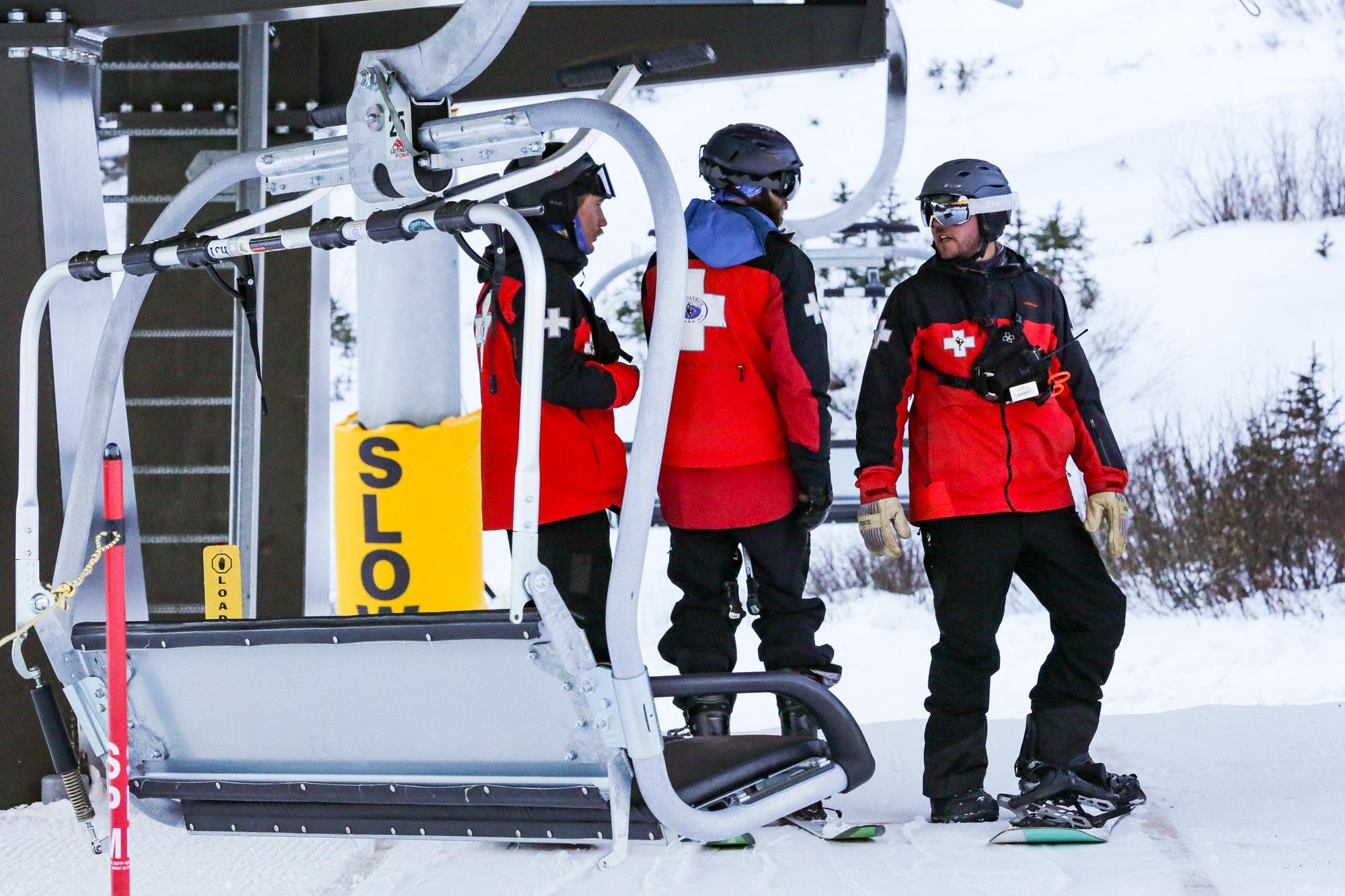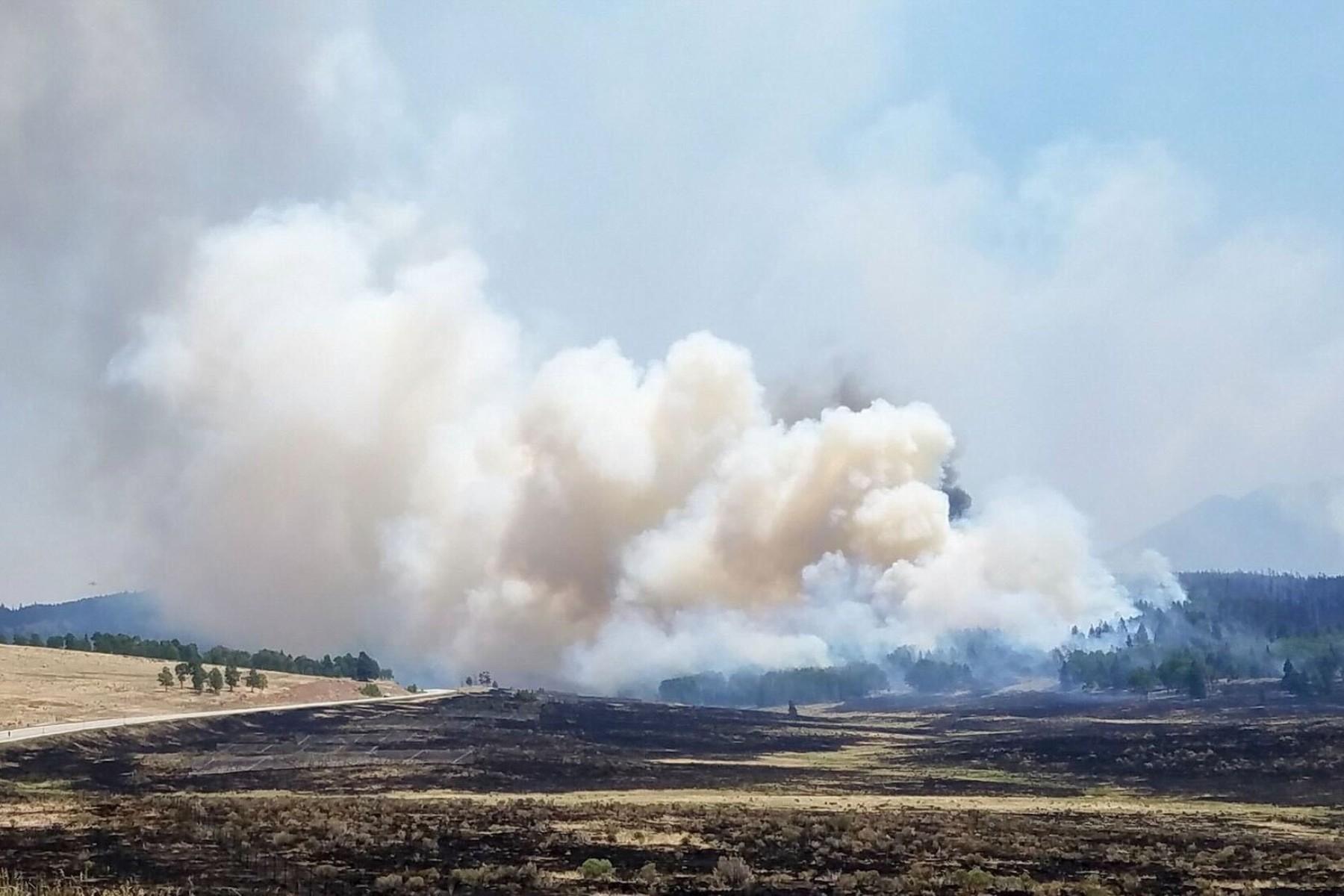
Former Colorado U.S. Sen. Ben Nighthorse Campbell says his support for the U.S.-led invasion of Iraq in 2003 was misguided. A Republican who switched from the Democratic party several years into his first term, Campbell served in the U.S. Senate from 1993 to 2005.
The Iraq war, which was instigated and led by the administration of President George W. Bush, became the focus of international attention this week after the release of what's known as the Chilcot Report, a damning account of Great Britain's decision to join the invasion of Iraq.
Campbell spoke with Colorado Matters host Ryan Warner.
On the suffering left in the wake of the Iraq War and whether Campbell's vote "haunts" him:
"I have some misgivings about the way I voted but we were voting on the best information that we had at the time. I think if there was a weakness early on [it] is that the administration had several people in there really pushing for American involvement and that was primarily Vice President Dick Cheney and [Donald] Rumsfeld and...Colin Powell and Condoleezza Rice were not particularly supportive of that but they lost in that debate within the White House."
"In retrospect after seeing that there [were] no weapons of mass destruction and that we did not have really good intelligence on the ground to give us some guidance on how we should proceed, I now look back and think maybe I shouldn't have voted the way I did.
On whether he would say he regrets his vote:
"In a way, although, if we hadn't intervened, I think Saddam Hussein's expansionist plans would have proceeded until sooner or later, we may have been forced to [invade]."
On whether he thinks the U.S. is a safer or less safe place because of its involvement in Iraq:
"I think it's a less safe place but not necessarily because [of] the invasion of Iraq, it was because the announcement by President Obama about when we were going to pull out...I think when we pulled out, we left a vacuum that was filled with people that are worse than Saddam Hussein."
On whether he imagined the war would go on as long as it has:
"My God, no. I had no idea it would be this long and it just seems to go on and on. But frankly the things that we face now -- ISIS, Al Qaeda and so on -- to me it's a different threat now than we faced then because what we're facing now is a enemy [where] their goals are not territorial as much as they're philosophical. You know, in our past wars, including the one I was in, you could recognize the enemy because they wore a different uniform, they were in different formations."
"And also I think...different international treaties and the so-called "rules of engagement"...set up by the Geneva convention, they were observed more in those days. Now it's sort of a free for all. I mean, we don't know where the enemy is, they're right among us. They've learned how to use our own laws and our own Constitution against us as a weapon. They've learned how to infiltrate our country."









